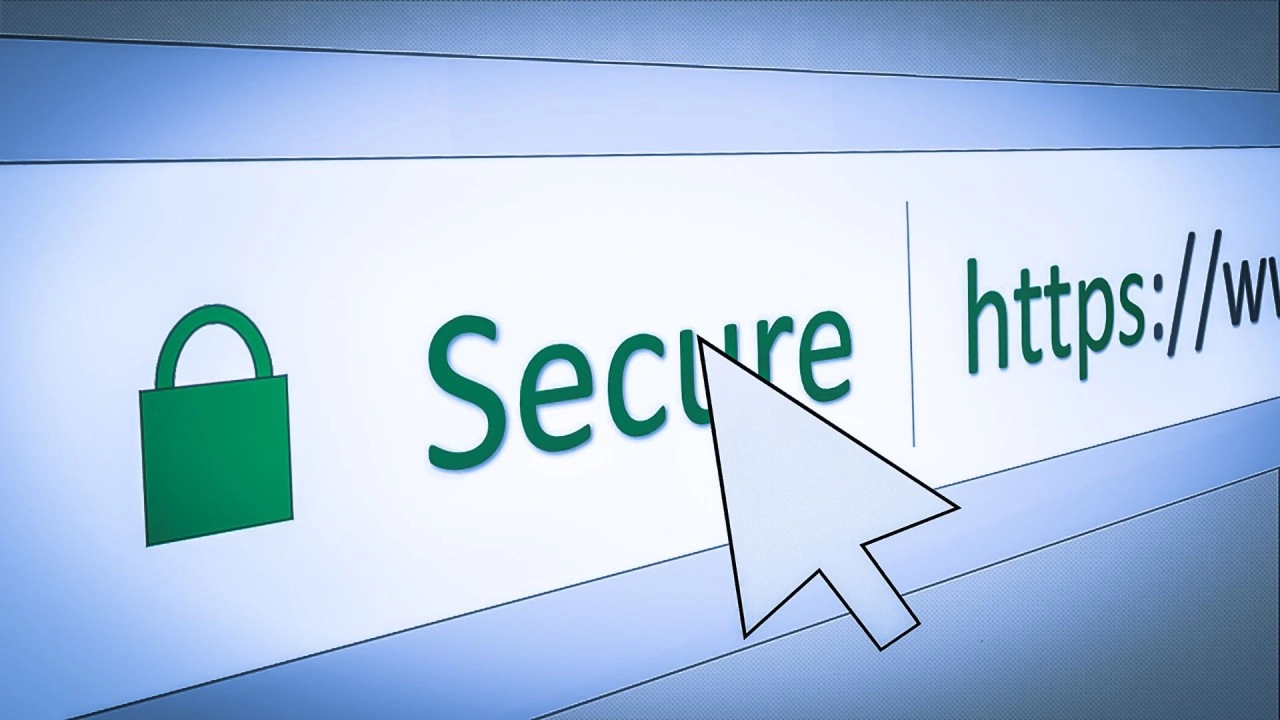How to Be Safe on the Internet: Tools and Resources
Being digitally literate isn't just about knowing how to use technology. It's about having all the skills needed to feel confident and safe online. One of the most important skills is understanding privacy and security, especially with more cyber threats and worries about data privacy. Follow along as we discuss resources designed to improve your online safety, with a special focus on privacy and security.
To better enhance your knowledge on privacy and security literacy we recommend practicing the following tips:
1. Stay Informed on the Latest Security Threats and TrendsRegularly follow credible cybersecurity sources, like these tech tips, to stay informed on the latest threats, such as phishing scams, malware, and ransomware, as well as best practices. Need a starting point? We recommend subscribing to our blog.
2. Understand and Use Privacy Settings
Take the time to explore and configure the privacy settings on all your digital accounts and devices. This includes social media platforms, smartphones, and applications. Adjust settings to minimize data sharing and exposure to the public or untrusted entities. We have a few resources to further expand on this topic:
- Four Important Ways to Improve Data Security
- Are You Sharing Too Much? Social Media Cybersecurity Tips
- Managing Data Privacy with Browser Cookies
3. Practice Strong Password Hygiene
Use complex and unique passwords for each of your accounts to prevent unauthorized access. Consider using a password manager to securely store and manage your passwords. Additionally, enable multi-factor authentication (MFA) wherever possible to add an extra layer of security. We have some additional tips you can check out in Password Best Practices: The Do’s and the Don’ts
4. Educate Yourself on Recognizing Phishing Attempts
Beware of phishing attacks, a common tactic used by cybercriminals to steal personal information. Learn to spot suspicious emails, links, and messages that may try to deceive you into sharing sensitive data. Be cautious of unexpected requests, watch for misspellings or wrong domains in emails, and avoid clicking on links or attachments from unfamiliar sources.
5. Regularly Update Your Software and Devices
Keep your operating systems, applications, and security software up to date. Software updates often include patches for security vulnerabilities that have been discovered since the last update. Regular updates can protect you from being exploited by cyberattacks that target these vulnerabilities. Learn more tips about keeping your device up to date and in good shape here: How to Maintain a Healthy Computer
We hope this guide has highlighted the importance of sharpening your digital literacy, especially under the umbrella of security and privacy. Should you have any questions about the materials above, please leave a comment below or contact us at: https://primesecured.com/managed-it-services/.
Check out more tech tips
Our Blog
Subscribe to the Prime Secured blog to receive the latest updates.

